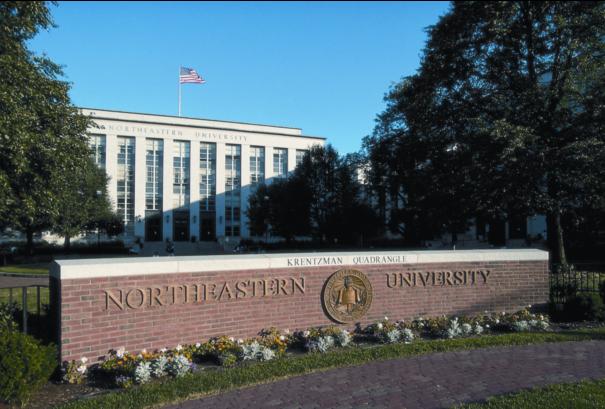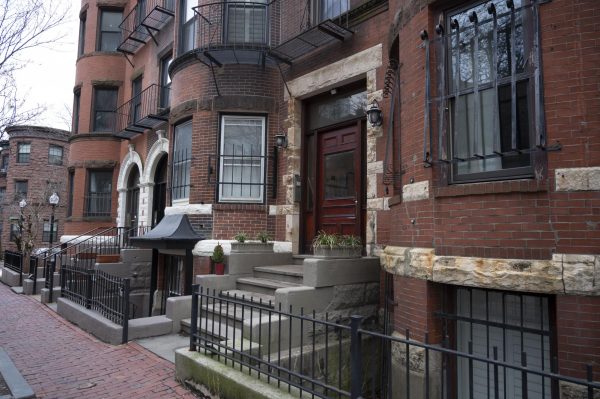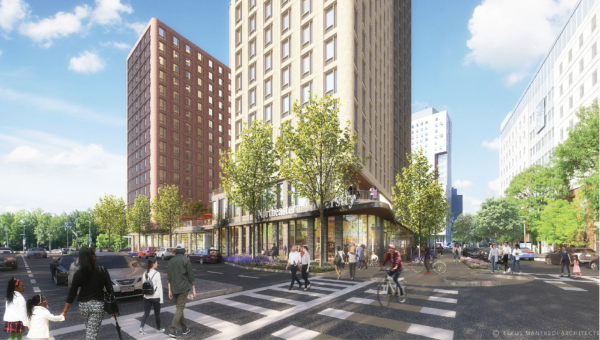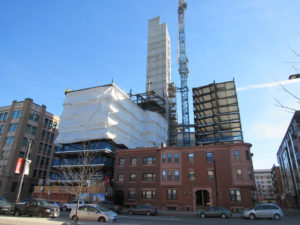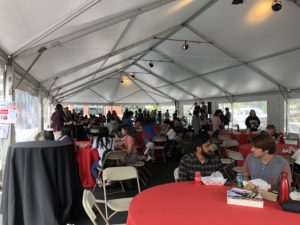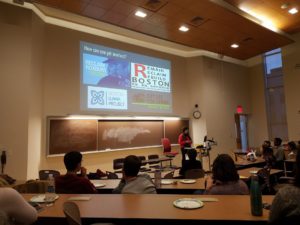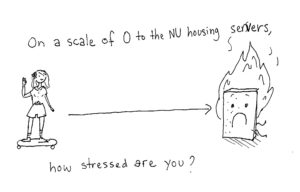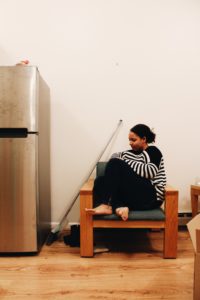Editorial: Northeastern must offer equal amenities in leased property housing
September 10, 2017
At the start of the semester, more than 100 Northeastern University students moved into 1110 Commonwealth Ave., a building containing newly-leased university housing. The building is a 30-minute commute from the Northeastern campus. This new leased property, along with others on Symphony Road and Westland Avenue, are the university’s latest attempt at accommodating the increasing number of enrolled students.
Northeastern’s current housing policy requires first- and second-year students to live on campus unless the students can document that doing so would be detrimental to them. According to Housing and Residential Life, living on campus supports student success and fosters relationships with staff, faculty and peers.
Because Northeastern has a residency requirement, it must also ensure that every housing option given to students has equal resources and gives residents equal opportunity to achieve the success the university says living on campus will bring them. Currently, this is not the case.
The Huntington News has previously editorialized on the limited affordable housing options the university offers, and continues to feel that Northeastern is neglecting students’ needs when it comes to its newest housing options. Northeastern obligates students to accept subpar housing at the same rates as conventional campus housing without offering them enough aid for the additional challenges they face as a result. For students living in the new Commonwealth residential community, the ability to use Laundry Bucks, Pharos Printing, Husky Dollars and meal plans are all a 30-minute train ride away.
Before the start of the semester, the university struggled to provide housing to all of the second year students they say must live in Northeastern housing. At the end of primary housing selection in April, many students did not have a housing assignment and were told they would be offered secondary housing in mid-May. Secondary selection relies on students who have room assignments to drop out of their housing. When not enough students did, students’ chances at secondary selection diminished.
Those students were told that they would receive their housing assignments through PAWS throughout the summer. For many students, housing assignments did not come until two weeks before the start of the fall semester, leaving them in limbo for over two months. This left little time for students to make plans regarding their new housing situations or create budgets to offset the costs of living in the newly leased properties. With the residency requirement in place, finding off-campus housing earlier in the summer was not even an option for students without a reason deemed acceptable by the university.
All of the newest residential spaces are leased properties with relative proximity to Northeastern’s main campus in Fenway. 49 Symphony Road, 52 Westland Ave. and 16 Westland Ave. are all within a 10-minute walking distance from the university. The one exception—1110 Commonwealth Ave.—is located closer to Boston University’s campus than to Northeastern’s. This is not a new situation, as Northeastern has several leased properties housing both undergraduate and graduate students. The difference this semester is that Northeastern has leased rooms rather than entire buildings, meaning the buildings are not university-owned. This means they lack certain amenities.
The Commonwealth property does not have the same security as an on-campus residence hall. There are no proctors in the building because it is also used by people who are not enrolled at Northeastern. NUPD cannot respond in case of emergencies because of its distance from campus. Instead, the Boston Police Department must be called and a report with NUPD will be filed by a resident assistant at a later date.
At the leased properties on Symphony Road and Westland Avenue, residents do not have Husky Cable or ResNet. Students are expected to pay for their own internet through an outside provider and will receive a $100 reimbursement later in the semester. Even with the cheapest plan Xfinity offers per month, this reimbursement is not enough to cover the total cost. A package of 25 Mbps speed internet and 10+ television channels would leave a student about $30 short.
Northeastern charges the same amount for these residences as it does for rooms in university-owned residences despite the unequal amenities offered to students. A double studio apartment in 1100 Commonwealth costs the same $4,725 that it would on campus, but without the same benefits that university-owned and on-campus properties have.
Northeastern has tried to fix some of the holes in their leased property options by issuing vouchers, refunds and giving every resident of 1110 Commonwealth a LinkPass for the train to alleviate the cost of the commute. These are attempted solutions to problems created by Northeastern and would not be necessary if the new housing options met all the needs of the students. Vouchers and refunds do not replace the convenience of having broad internet coverage anywhere on campus or the ability to do laundry simply, nor does it replace the safety in having a key-locked building. All of these things should be afforded to every Northeastern student.
Students are living in unequal housing situations not by choice, but because of Northeastern policies. Even as enrollment numbers increase, the university must amend its housing selection process to ensure that every student is given the same opportunity to choose their housing assignments. As more leased properties are added to the list of Northeastern residential halls, the university must also guarantee that its own funds go toward providing students with amenities that university-owned buildings already have. Vouchers also must meet the full costs of expenses. Until then, it is unfair and unreasonable to charge the same price for all housing.
The residency requirement forces students to accept university housing, even when it is significantly inferior to that of their peers. When creating housing in the future, Northeastern University must ensure that no student is getting a better or worse deal for the same price by offering the same—or better—amenities and must adjust prices based on additional challenges students living in these properties will face.


